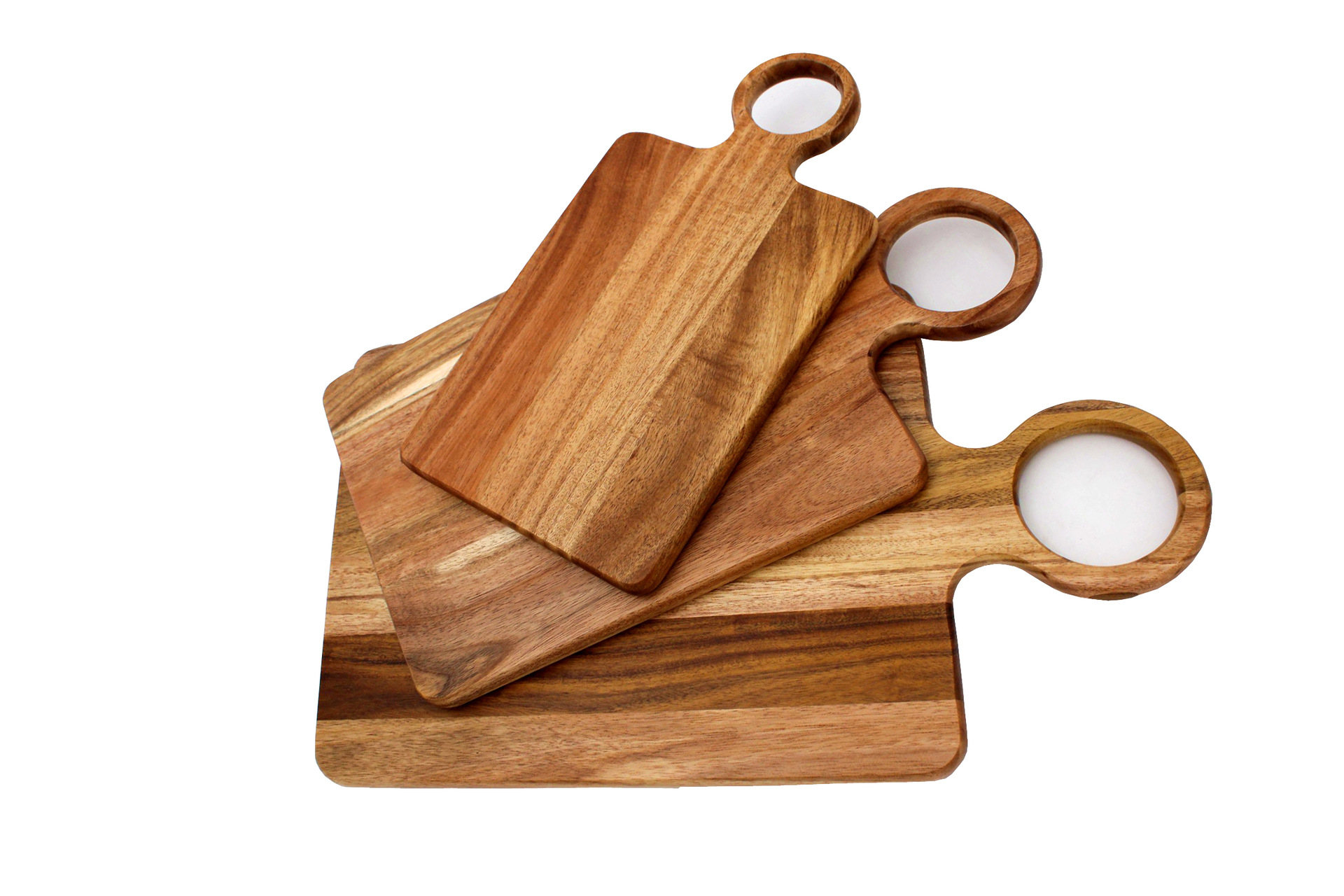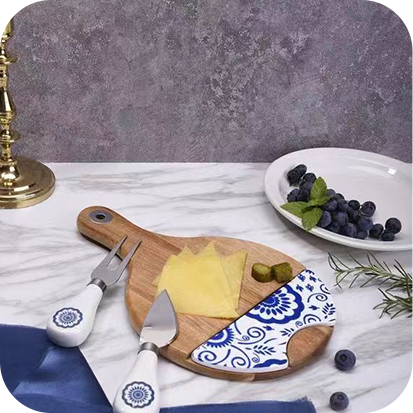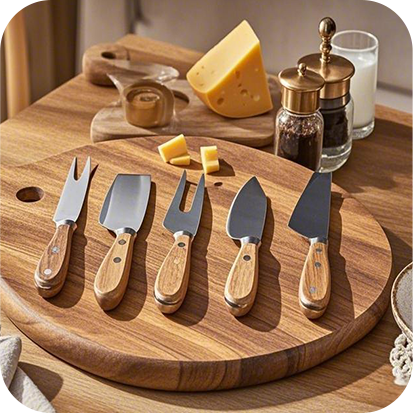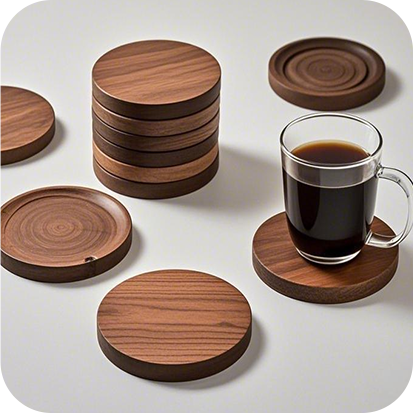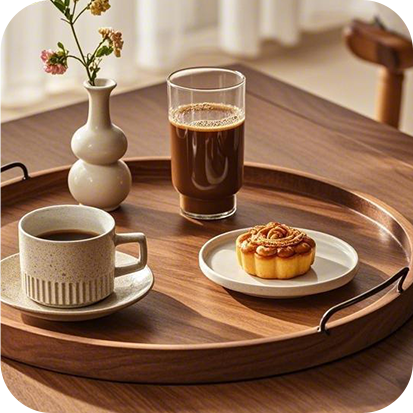How Acacia Wood Hardness Translates to Real-World Performance in Kitchenware
How Acacia Wood Hardness Translates to Real-World Performance in Kitchenware
When consumers invest in kitchenware, especially cutting boards, serving trays, and cheese platters, they often look for longevity and reliability. Acacia wood’s impressive hardness rating is more than just a number on the Janka scale—it offers practical, daily benefits that elevate user experience and product lifespan.
Acacia Wood in Real Kitchens
From culinary schools to home kitchens, Acacia wood products are favored for their durability and food-safe properties. Products like the Non-reactive adjustable Acacia wood Cheese platter board are engineered to withstand pressure from sharp knives, heavy slicing, and frequent washing—without showing significant wear.
Here’s how hardness makes a difference in daily use:
Scratch resistance: Acacia’s dense fibers resist knife marks better than most softwoods.
Structural integrity: Harder woods don’t crack or warp easily, even with fluctuating kitchen temperatures.
Consistent surface: Less chance of grooves forming that trap moisture or bacteria.
Kitchenware Brands Speak Out
Manufacturers and wholesalers favor Acacia for its balance of durability and beauty. For example, the Eco-friendly Personalized Acacia wood Snack board performs well in long-term use scenarios where aesthetics and sustainability matter. Its hardwood properties prevent deformation, making it ideal for engraved gifting items.
Retailers report fewer returns or complaints for Acacia-based products, especially those labeled as:
Chemical-free
Food contact safe
Sustainable
This is true for designs like the Chemical-free customizable Acacia wood Cheese platter board, which maintains surface integrity despite constant cutting, rinsing, and storage in high-humidity conditions.
User Reviews and Feedback
In consumer tests, users consistently highlight the following benefits of Acacia-based boards:
Weight and grip: Boards like the Safe for food Personalized Acacia wood Serving board are heavy enough to stay stable, but light enough to move easily.
Knife performance: Users find that blades remain sharper longer compared to plastic or bamboo boards.
Cleanability: Smooth Acacia surfaces clean easily, reducing risk of foodborne illness.
These reviews are consistent across both e-commerce platforms and direct B2B clients, such as boutique hotels and cooking studios.
Sustainability and Durability Combined
Beyond physical resilience, Acacia wood also supports environmental responsibility. Boards like the Sustainable food-safe customizable Acacia wood Acacia serving tray fulfill dual demands for performance and sustainability.
Unlike some high-hardness tropical woods, Acacia is plantation-grown, fast-regenerating, and requires minimal chemical treatment. Its natural resistance to pests and mold also means fewer preservatives or synthetic coatings are required—perfect for “clean label” marketing.
Challenges Addressed by Design
Some users worry that the hardness of Acacia might dull knives or make engraving difficult. However, advanced finishing techniques—like laser etching on the Food contact safe Engraved Acacia wood Cheese board—ensure clarity without damage, and oil treatments reduce resistance on knife contact.
Additionally, many manufacturers offer dual-grain boards or “soft-core” centers that ease blade pressure while preserving surface durability.
Invest in Strength and Style with Acacia
Whether you’re targeting high-end gift markets, restaurant supply chains, or eco-conscious consumers, Acacia wood’s hardness translates into a lasting return on investment.
We bring you certified, customized Acacia wood kitchenware designed to outperform expectations in durability, hygiene, and visual appeal.
Contact us at: info@justwoodencuttingboard.com
WhatsApp: +86 183 1248 3616
READ MORE:
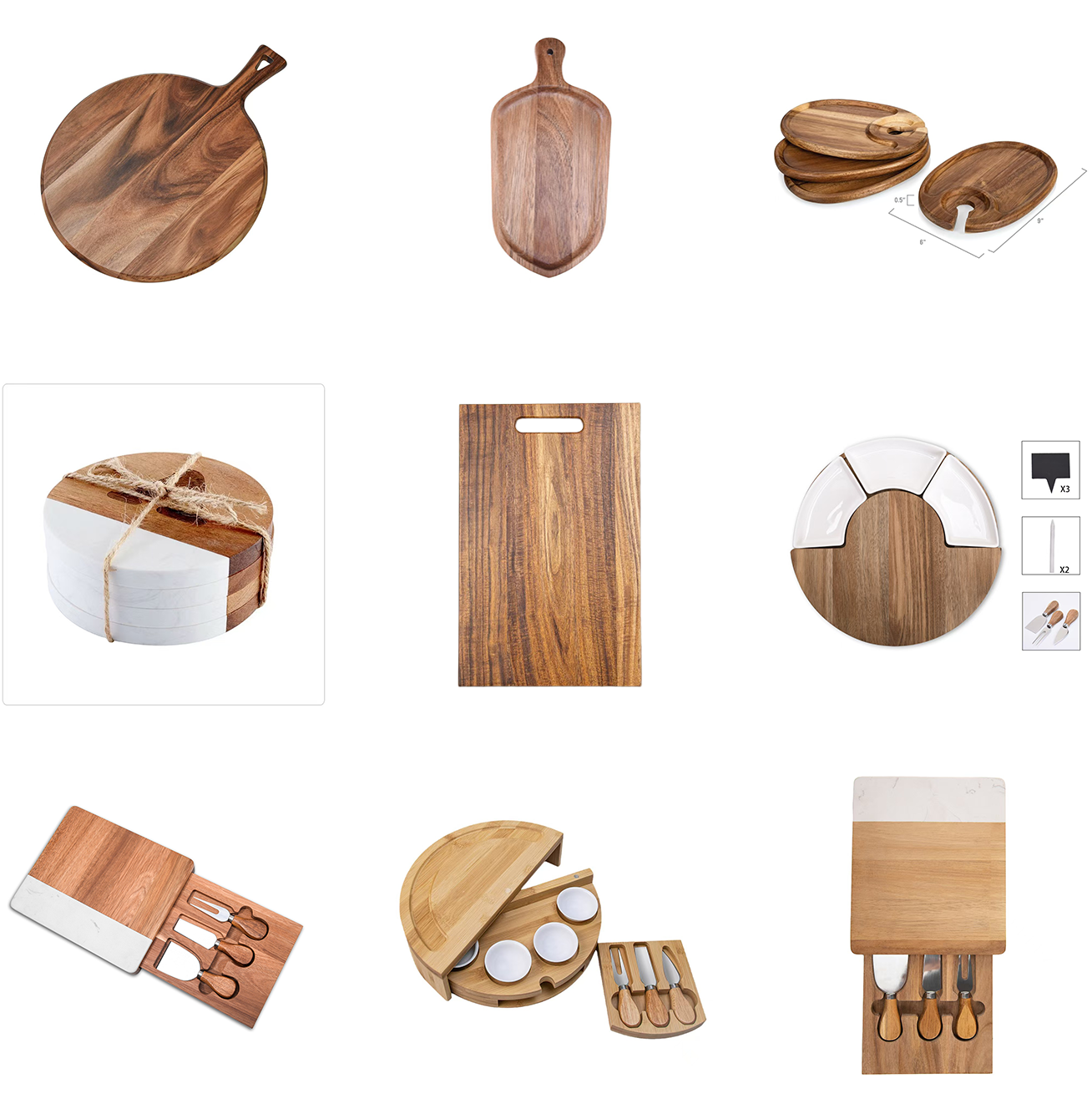
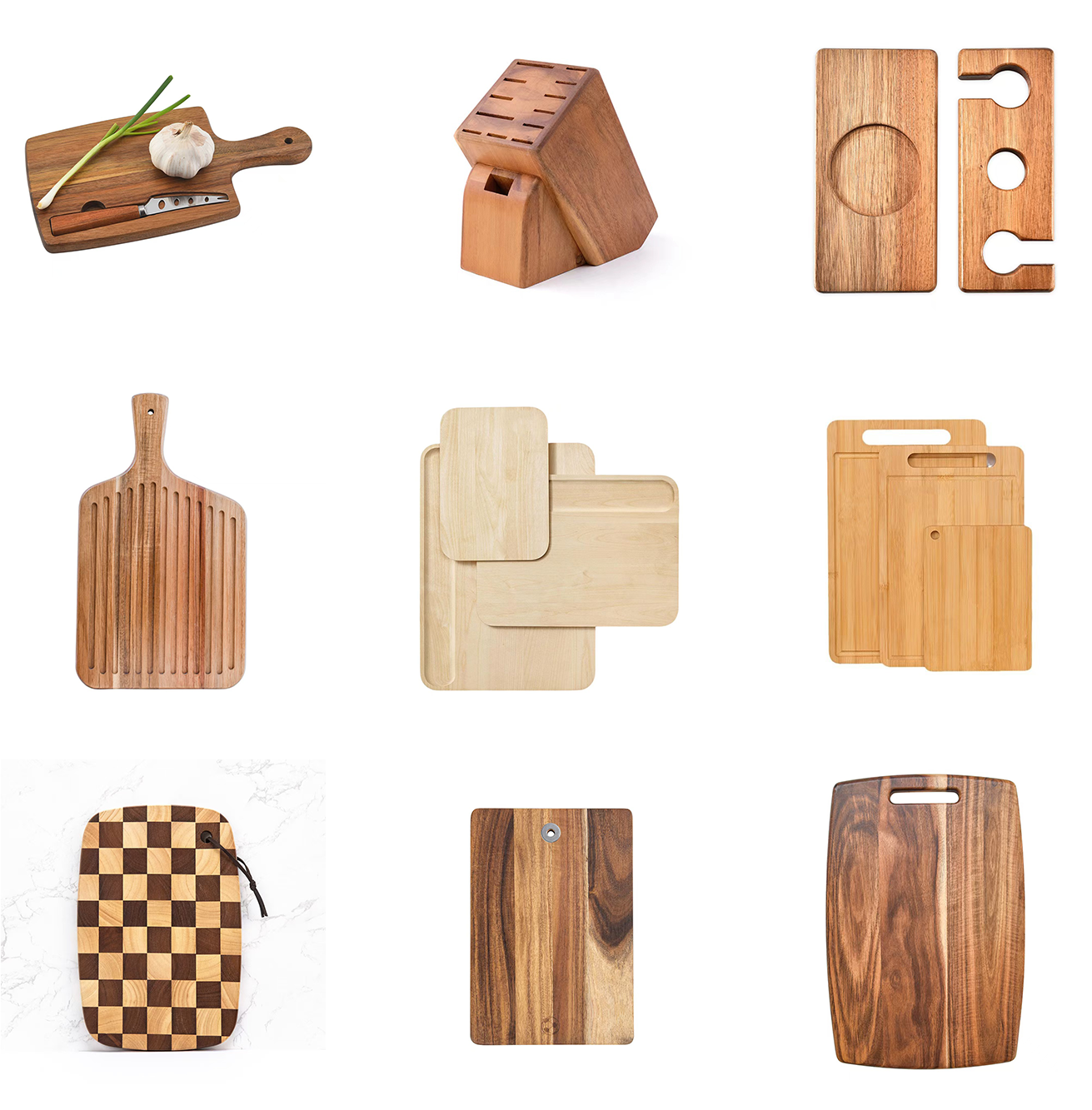
Yangjiang Cuthaven Kitchenware Co.,Ltd
Yangjiang Cuthaven Kitchenware Co.,Ltd.
specializes in the production and export of high-quality metal and wooden kitchenware. With over 16 years of experience in the industry, we have established ourselves as a trusted partner for businesses worldwide.








